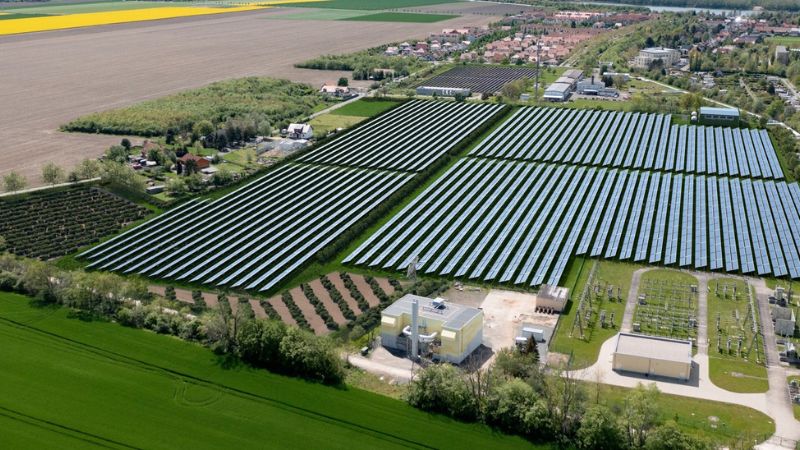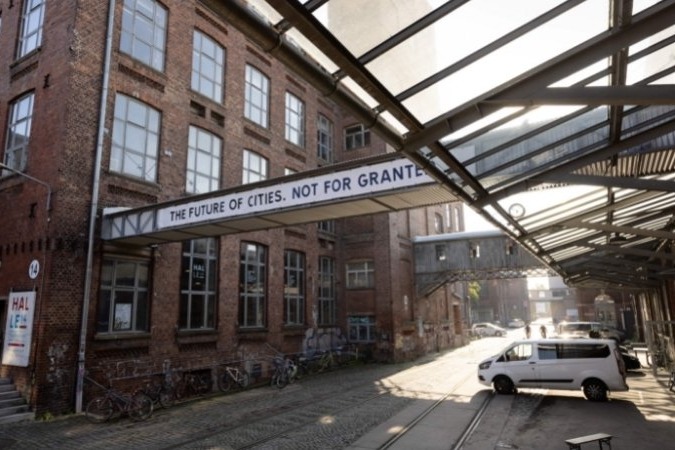Since April, people in Schkeuditz have been able to rent bicycles flexibly as part of a two-year pilot project. At least 85 bicycles from the company nextbike by TIER are available in the town, which will initially be supplemented by cargo bikes. The new bike rental service is part of the "Ready for Smart City Robots" (R4R) project funded by the German Federal Ministry of Digital Affairs and Transport. The research project seeks to find out whether small cities are suitable for autonomous mobility systems. Where are the obstacles, and how must the infrastructure be transformed and upgraded so that something like this is feasible? Following a Europe-wide call for applications, the company nextbike was selected for the two-year pilot project, which will be extended to the city of Taucha in 2024.
Data collected for traffic of the future
In the pursuit of sustainable urban mobility, innovative approaches are continuously emerging to alleviate traffic congestion and reduce environmental impact. One such pioneering initiative involves equipping the nextbike rental bikes with sensor boxes, enabling the collection of digital environmental data. This valuable information plays a crucial role in determining the infrastructure requirements necessary for autonomous delivery robots and cargo bikes. The integration of sensor boxes into rental bikes opens up a world of possibilities for collecting environmental data like traffic patterns, road conditions, air quality, and more.
Promoting Greener Commuting
The rental bikes are part of a flexible, free-floating system that does not rely on fixed rental stations and can be found primarily at stops of the local public transport system, strategically placed to cater to commuters and provide them with an attractive alternative to car usage. Over the course of two years, in addition to collecting digital data, the primary objective is to gauge the public's acceptance of the bicycle rental system and explore ways to enhance its long-term sustainability and operation.












/White%20Versions/stadt_leipzig_white.png?width=130&name=stadt_leipzig_white.png)
/White%20Versions/sachsen_signet_white.png?width=90&name=sachsen_signet_white.png)